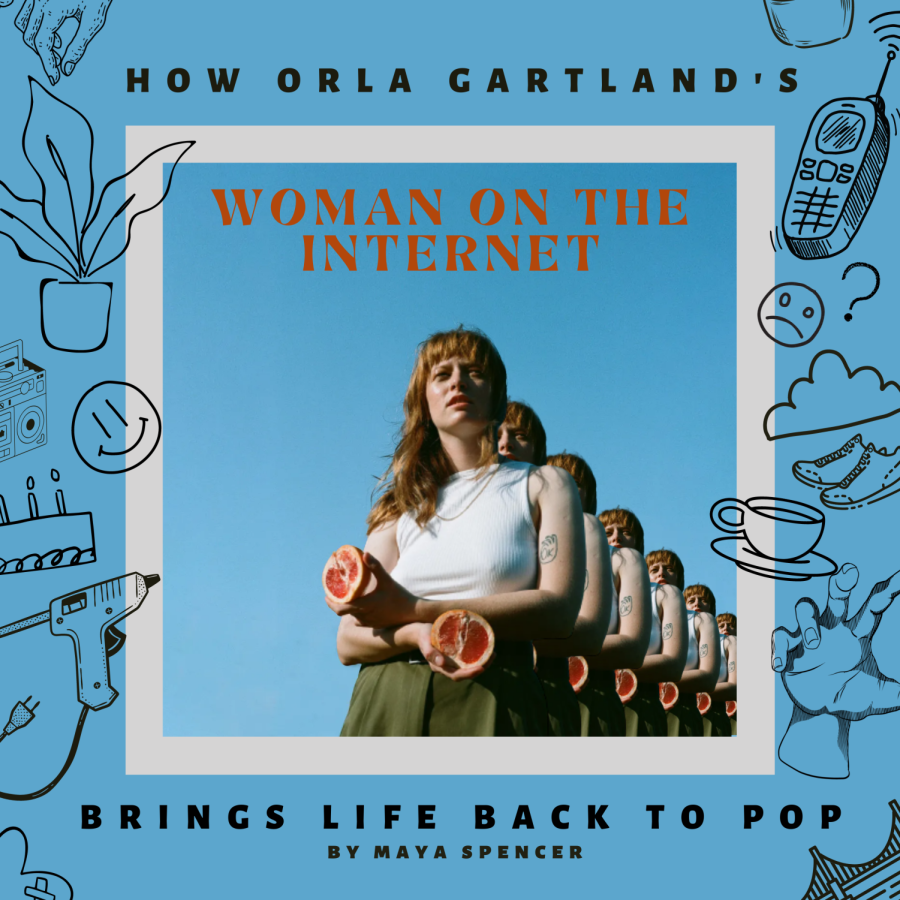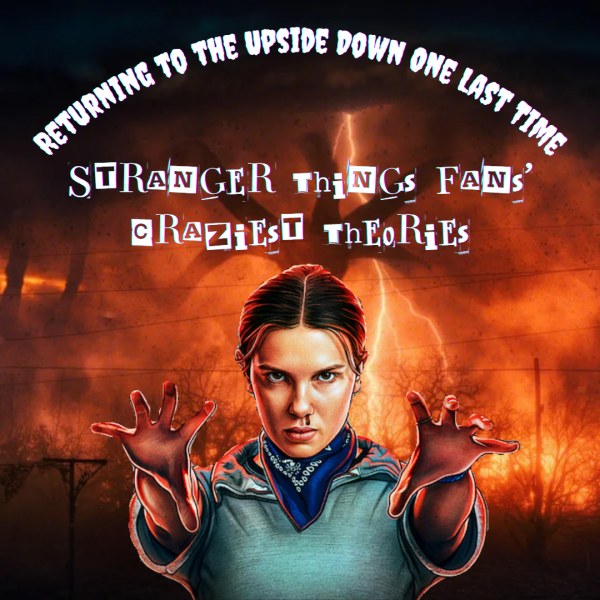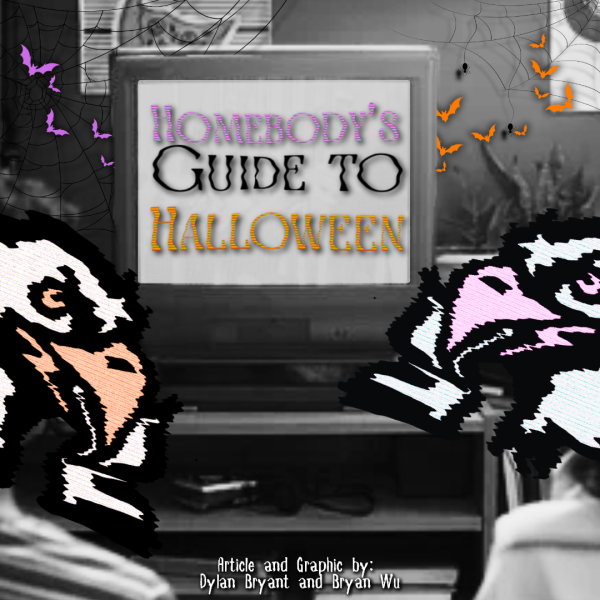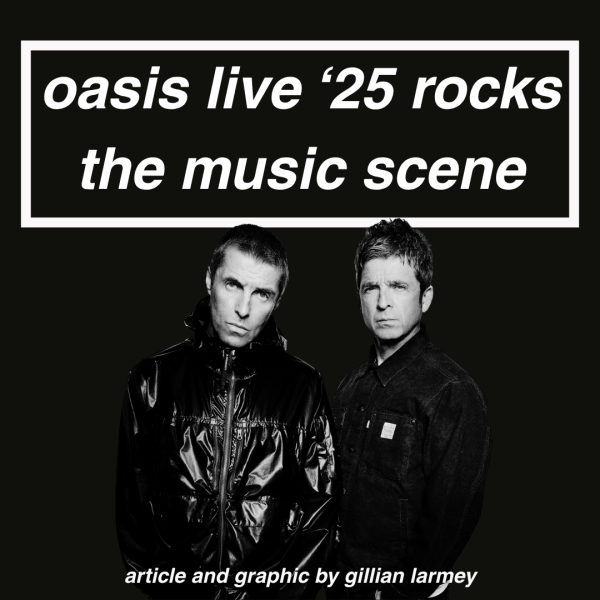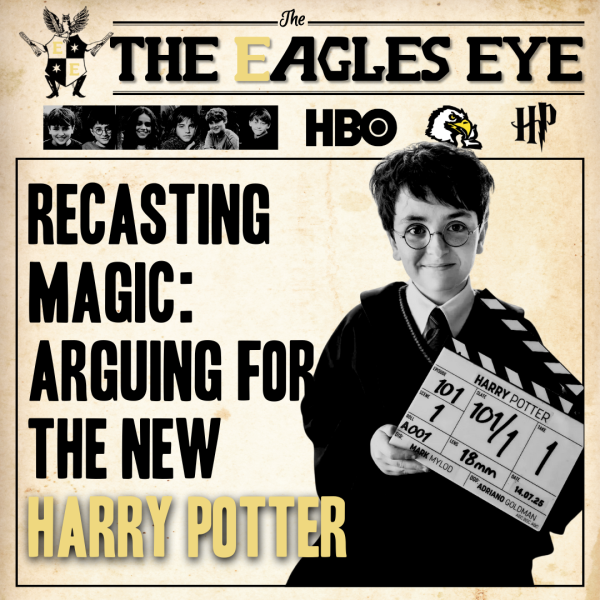How Orla Gartland’s Woman on the Internet Brings Life Back to Pop
Orla Gartland’s Woman on the Internet is an electric dedication to a generation trying to weather through adult life, transcending pop and revitalizing folk. Released August 20th, Gartland’s debut climbed UK and Irish charts and took hold of the minds and ears of people around the world. This piece explores the mind of an artist in conflict with identity, from the trenches of their own insecurities to toxic male culture.
Gartland describes this album in her foreword: “these songs are filled with stories of growing up, about adulthood coming for you whether you are ready or not.” In love affairs and falling outs, leaving home and finding it in others, Gartland’s work empathizes with young listeners attempting to find themselves. Garland has released several singles and four EPs since 2013 and worked with artists like BTS and longtime friend dodie. Her Frankenstein aesthetic of Irish folk, dashed with pop-rock, and finished with some meticulous singer-songwriting, was debuted on her last EP Freckle Season. The newest addition, Woman on the Internet, marks a brilliant assertion of her chosen sound. It leads with “Pretending,” the second introduction on the album to the fabled “Woman on the Internet.” It’s the perfect first taste for the rest of the album – it holds the same half-synthesized-half-live production and signature controlled angst.
Standouts
“Madison” allows Gartland’s superior storytelling abilities to thrive, from the vivid imagery in her lyricism to her simple but effective guitar instrumentation. Gartland writes of a depressive episode where she isolates herself from reality: ‘I melted every brain cell in my head / Staring at my phone in bed.’ Gartland turns to Madison in times like these, a bar regular and distraction from any and all bad things. Marked by her perfection and stellar advice, Madison has become divine and caricatured: ‘Can I be your sister or your daughter / Or your houseplant in the corner? / And then I’d be happier / Cause I’d never have to think for myself.’ Orla’s guitar playing is undeniably expressive and pairs well with Gartland’s journey from detachment, to remembrance, to the ultimate complex feeling of unrequited admiration. Each line is intense and raw but never basic.
“Do You Mind?” is Gartland’s declaration that she is no longer putting effort into a partner who wronged her. Although it is one of the oddballs on the album, it is nowhere near dispensable. The instrumentation grounds the song with a simple piano melody, running keyboard, guitar strums, dispersed claps, and heartbeat-like bass, displaying her inner sereness and conviction looking back. She narrates her partner’s irritatingly weak and indifferent nature: ‘How are you so mechanical? / I was shouting, you just nodded / Was it everything you wanted / When you fell into those arms?’ Gartland’s most remarkable success in this song is her ability to write such emotionally charged lyrics while keeping tranquility in her tone – she is cold and aloof but not unscathed.
“Left Behind” is undoubtedly the most somber song on Woman on the Internet. The song feels like a rainy, gray, desolate day, standing on the edge of a road with a sinking chest. ‘And I keep having this weird dream where you’re going off to war / And I’m just left there in the kitchen, staring at the door,’ Gartland sings with a shaking voice. This track has the best lyricism on the album, in which she lets her poetic prose and candid diction run free: ‘An elephant is in the room / Don’t look, and don’t try to feed it / You always want me on your terms / You can’t have your cake and eat it.’ The partner’s exit brings up feelings of desertion in Orla that are all too familiar, causing Orla to avoid connection as a whole. It is marked by her begging, heart-wrenching, run-on chorus pleading with her partner to stay: ‘I don’t want you to go without me / But when you do, won’t you put yourself in my shoes?’
Woman on the Internet is a collage of all the sounds Gartland has harbored over the years, a patchwork of the confusing and discomforting feelings of being a young adult. Gartland treads the line of being relatable but not ambiguous admirably. With each listen, one can find a new production element or snarky one-liner, a specialty of the notoriously deliberate Gartland. There is a track on here for every feeling – unbridled confidence to paralyzing anxiety to obsessive devotion. Gartland is guaranteed to dazzle everyone who has the pleasure of coming across Woman on the Internet.
Your donation will support the student journalists of Enloe Magnet High School, allowing us to cover our annual website costs. We are extremely grateful for any contribution, big or small!

(She/her)
Maya Spencer is a senior and this is her second year on the newspaper. When she's not singing with chorus or Crescenloe, you can find her...


